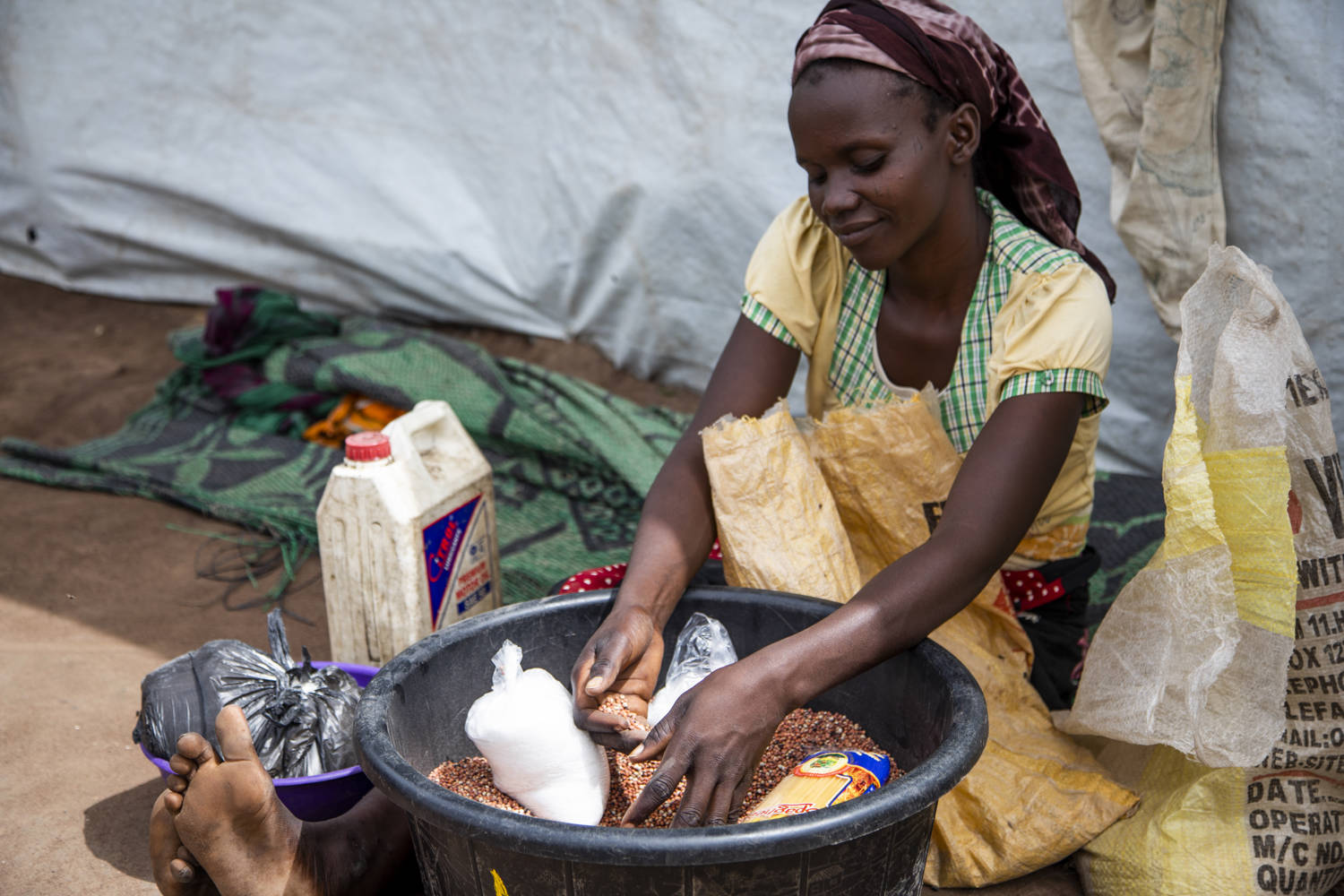
Kristin Bergtora Sandvik presented her findings under the Do No Harm: Ethical Humanitarian Innovation and Digital Bodies project at the roundtable titled "Humanitarian Design and Making in World Politics."
See below for further details on the session.
Humanitarians are increasingly preoccupied with deploying emerging technologies in order to augment their capacity to intervene across the world. Equally, humanitarian organizations have begun deploying ‘design thinking’ and related tools with the stated goal of increasing local participation in their activities. Each of these developments has been radically critiqued from within IR and social sciences, often for very good reasons. However, a growing number of practitioners and applied scientists have begun to re-think the place of design and making in relation to humanitarianism in quite different terms. This includes a shift away from ‘high technological’ interventions towards a greater appreciation for the place of more mundane yet vital technological interventions in humanitarian settings across the globe. It also includes the integration of more critical theoretical toolkits – ranging from feminist to postcolonial theory - within these approaches. In this roundtable, we explore these changes and ask whether it is possible to imagine a more progressive political role for the material and technological within humanitarian action. Can technology help repoliticize, rather than depoliticize, humanitarianism? Could the tools of digital or industrial design, as well as architecture, hold emancipatory possibilities that would allow us to reimagine what humanitarianism constitutes? And what is the role of social sciences like IR withint hat process? Chair: Jonathan Austin (Switzerland) Peer Schouten (Denmark) Pol Bargués-Pedreny (Spain) Kristin Bergtora Sandvik (Norway) 127 Katja Lindskov Jacobsen (Denmark) Janine Bressmer (Switzerland).





